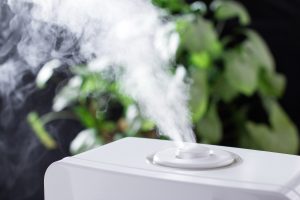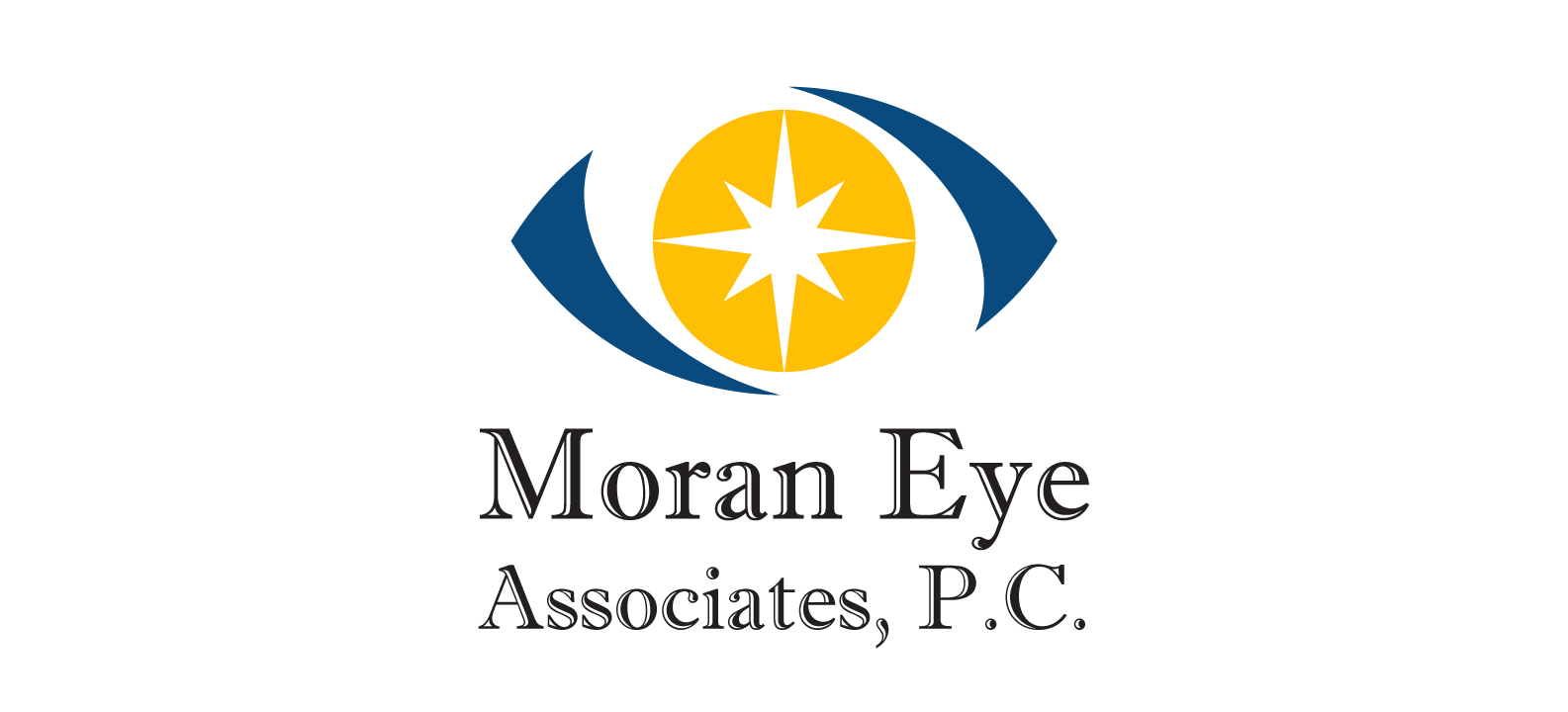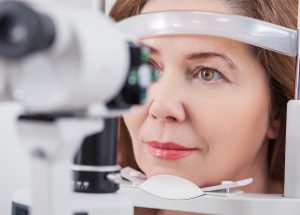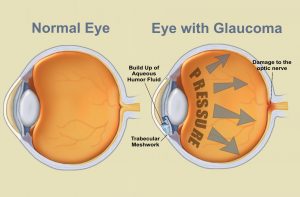Winter Survival Tips for Dry Eyes
If you are one of the many people who suffer from dry eye, winter can be the worst of times. Discomfort from dry eye goes up as the temperature goes down!

Dry winter weather can lead to dry eyes.
With cold, windy weather outside and dry heat inside, winter can be the most challenging season for patients with dry eye.
While we recommended that you come in to see Dr. Moran for a medical evaluation of your dry eye, there are some things that you can do to help improve your comfort during the dry winter months.
Winter Survival Tips for Dry Eye


Turn on the Humidfier
Turn on the Humidifier: Humidifiers improve air quality, making it more comfortable in your home or office. Environmental factors can play a big role in the comfort of your eyes. Adding a humidifier in your work or sleep areas can provide some relief.
Use Lubricating Eye Drops (Artificial Tears): Lubricating eye drops provide instant relief for dry eyes. They can be used as often as needed. Using artificial tears not only improves the comfort of your eyes, it improves your vision as well. Contact lens wearers should use these drops to make their lenses more comfortable. Supplementing your tear film is beneficial to the health of your eye. Dr. Moran recommends using lubricating eye drops all year round! Stay away from the drops that “get the red out!” They contain vasoconstrictors that can cause long-term issues with your eyes.


Cold and flu medications can make your eyes even drier
Understand Medication Side Effects: If you are taking antihistamines to help combat a cold or flu, the medicine that dries up your sinuses, makes your eyes dry as well. When you pick up cold medicine at the pharmacy, make sure to pick up lubricating eye drops as well!
Drink Plenty of Fluids: Dehydration happens when your body does not have enough fluids. Water is needed for the proper functioning of your organs, including your eyes, to function properly. For most people, eight 8oz glasses of water are recommended daily. If you are dehydrated from medication or exercise, staying hydrated will keep you healthier from head to toe.
WASH YOUR HANDS! Staying healthy will help you to avoid added eye issues. Not only will hand washing help against the spread of winter colds and flu, it will also help to protect you from the spread of eye infections, like pink eye. If you are using drops, make sure your hands are clean before you put in your drops!
While our winter survival tips above will help make you more comfortable through the winter, they won’t cure your dry eye. There is no substitute for a medical eye exam when you are having problems with your eyes. Don’t suffer, there are medications and procedures that can give you relief.
Schedule an appointment with Dr. Moran to fully explore the options for dry eye treatment that are right for you. Call or text us at 610-628-2022.
Click to read more about Heat Therapy for Dry Eye


